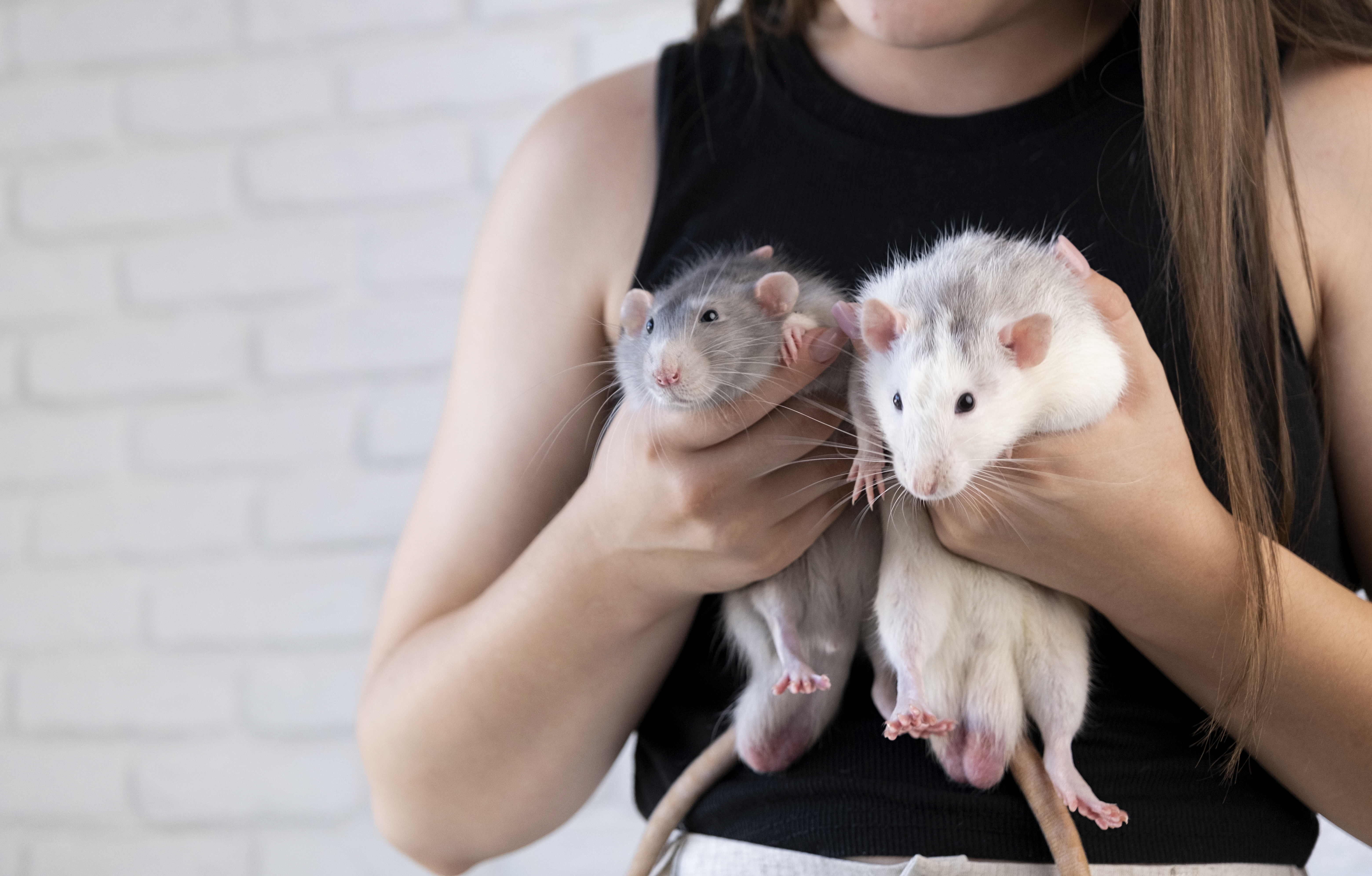10 Vet-Approved Human Foods Your Dog Can Safely Enjoy
Dogs have long held the title of "man's best friend," and it's no surprise that many dog owners wish to share their lives—and their meals—with their furry companions. However, not all human foods are safe for dogs, and some can even be harmful. This article explores the intersection of culinary delight and canine health, offering a comprehensive guide to vet-approved human foods that your dog will love and safely enjoy. By understanding which foods are beneficial, pet owners can enhance their dogs' diets, ensuring they receive both nutritional and emotional satisfaction. This journey into canine cuisine begins with a foundational understanding of the dietary needs of dogs compared to humans, setting the stage for a deeper exploration of specific foods that bridge this gap.
1. Understanding Canine Nutrition: The Basics
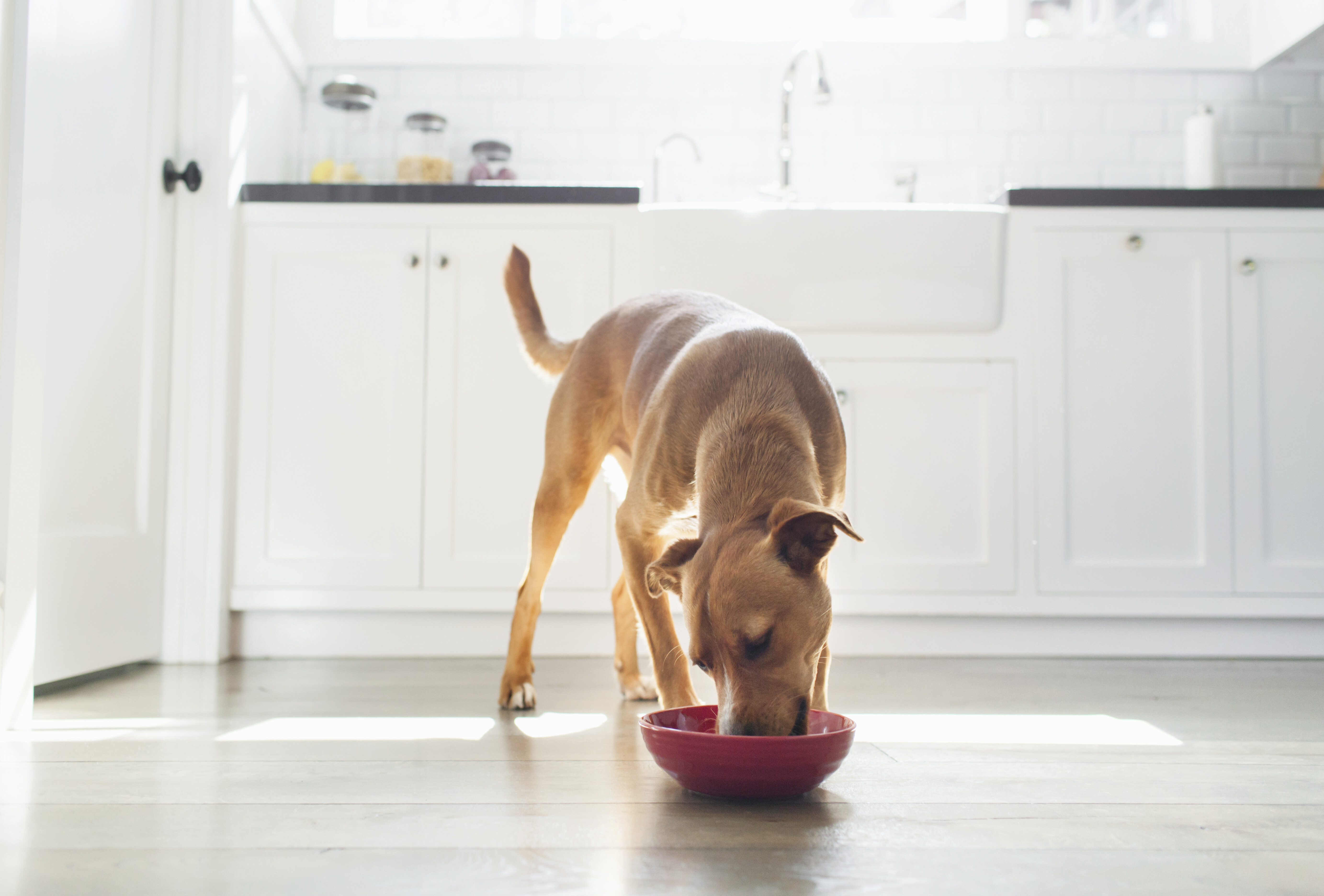
Before delving into specific foods, it's crucial to understand the basic nutritional requirements of dogs. Unlike humans, dogs are primarily carnivorous, though they can digest and utilize nutrients from fruits and vegetables. Their diet should be rich in proteins and fats, with carbohydrates playing a lesser role. Essential nutrients such as vitamins, minerals, and amino acids are vital for maintaining a dog's health. Protein supports muscle development and repair, while fats provide energy and aid in nutrient absorption. This section lays the groundwork for understanding how human foods can complement a dog's diet, ensuring they receive a balanced intake of nutrients while indulging in the occasional treat.
2. The Power of Protein: Lean Meats
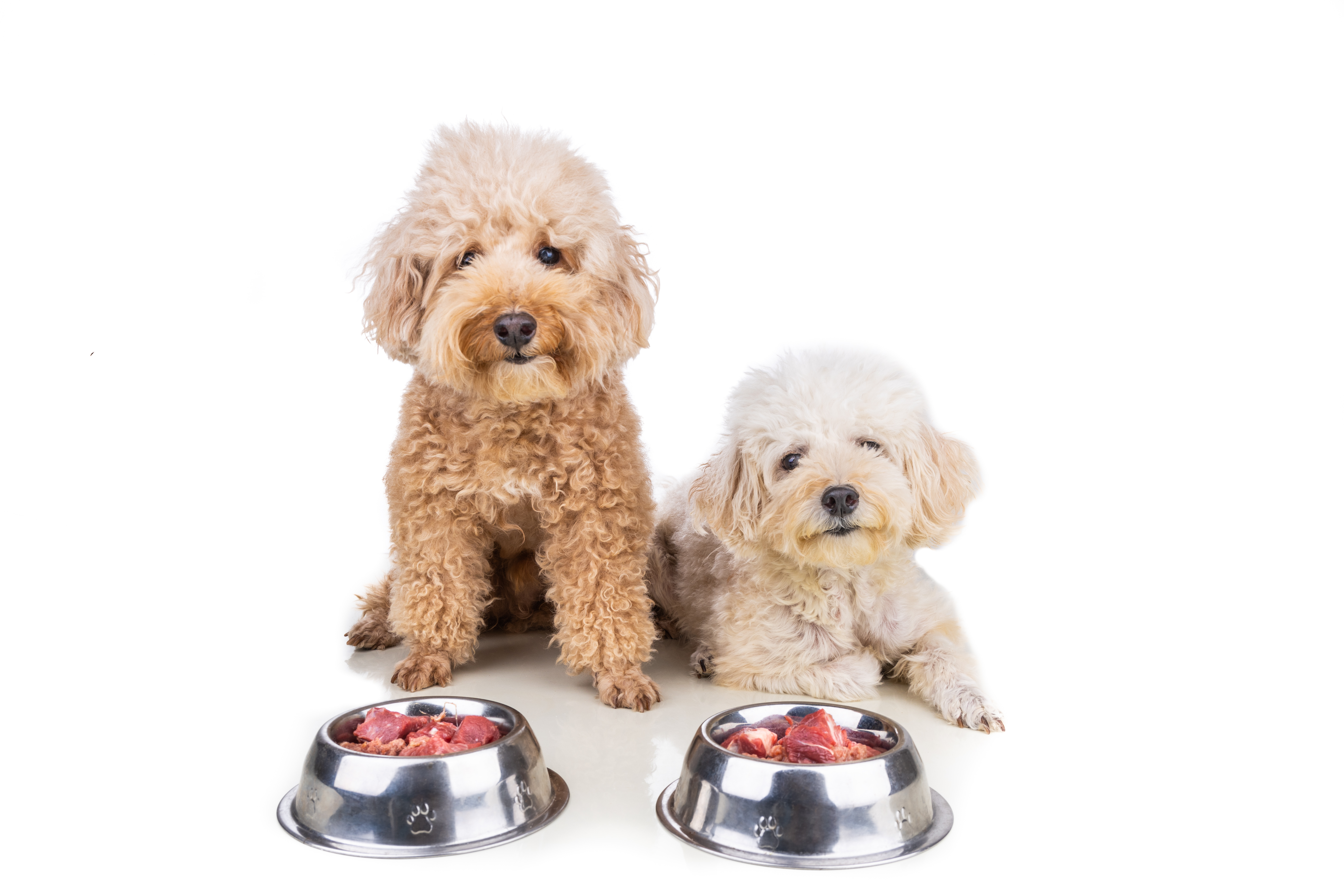
Lean meats such as chicken, turkey, and beef are excellent sources of protein for dogs. These meats provide essential amino acids necessary for muscle growth and overall health. Chicken, in particular, is a favorite among dogs for its taste and digestibility. When introducing lean meats into your dog's diet, it's important to avoid seasoning and remove any bones, which can pose a choking hazard. Cooking the meat thoroughly is also crucial to eliminate any potential bacteria. By incorporating lean meats into their meals, pet owners can offer a protein-rich diet that supports their dog's active lifestyle and promotes a healthy coat and skin.
3. Fruits for Fido: Safe and Sweet Treats
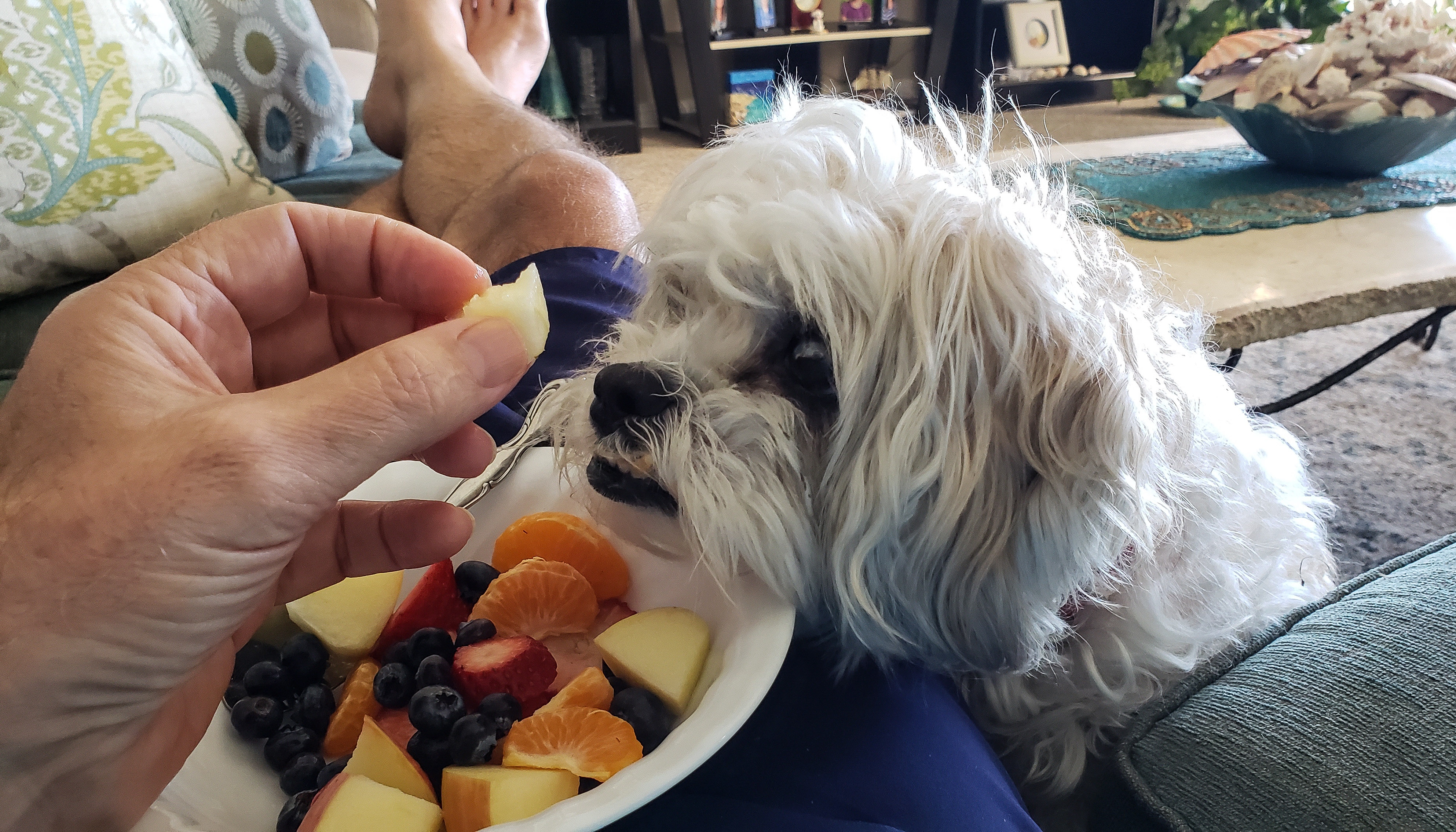
Fruits can be a delightful and nutritious addition to a dog's diet, provided they are chosen carefully. Apples, blueberries, and bananas are among the fruits that dogs can safely enjoy. Apples, with their high fiber content, are excellent for digestion, while blueberries offer antioxidants that support the immune system. Bananas provide potassium, which is essential for heart and muscle function. When serving fruits, it's important to remove any seeds or pits and to offer them in moderation to avoid excess sugar intake. These sweet treats can be used as rewards during training or simply as a refreshing snack on a hot day.
4. Vegetables: Crunchy and Nutritious
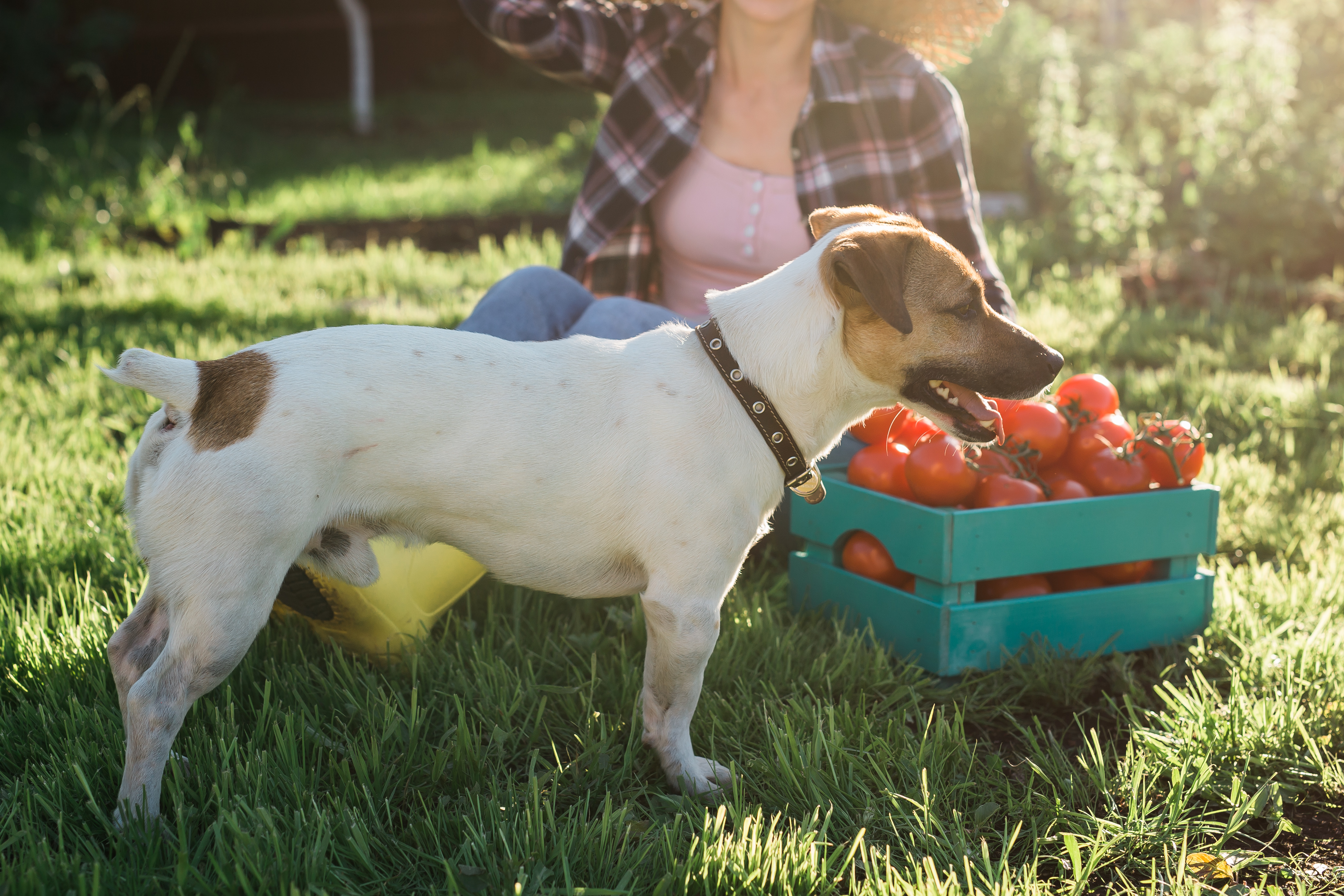
Vegetables such as carrots, green beans, and sweet potatoes are not only safe for dogs but also beneficial. Carrots are low in calories and high in fiber, making them an ideal snack for weight management. Green beans offer vitamins and minerals that support overall health, while sweet potatoes are a great source of dietary fiber and beta-carotene. These vegetables can be served raw or cooked, but it's important to avoid any seasoning or additives. By incorporating a variety of vegetables into their diet, dogs can enjoy a range of textures and flavors that contribute to their nutritional needs.
5. Dairy Delights: Yogurt and Cheese
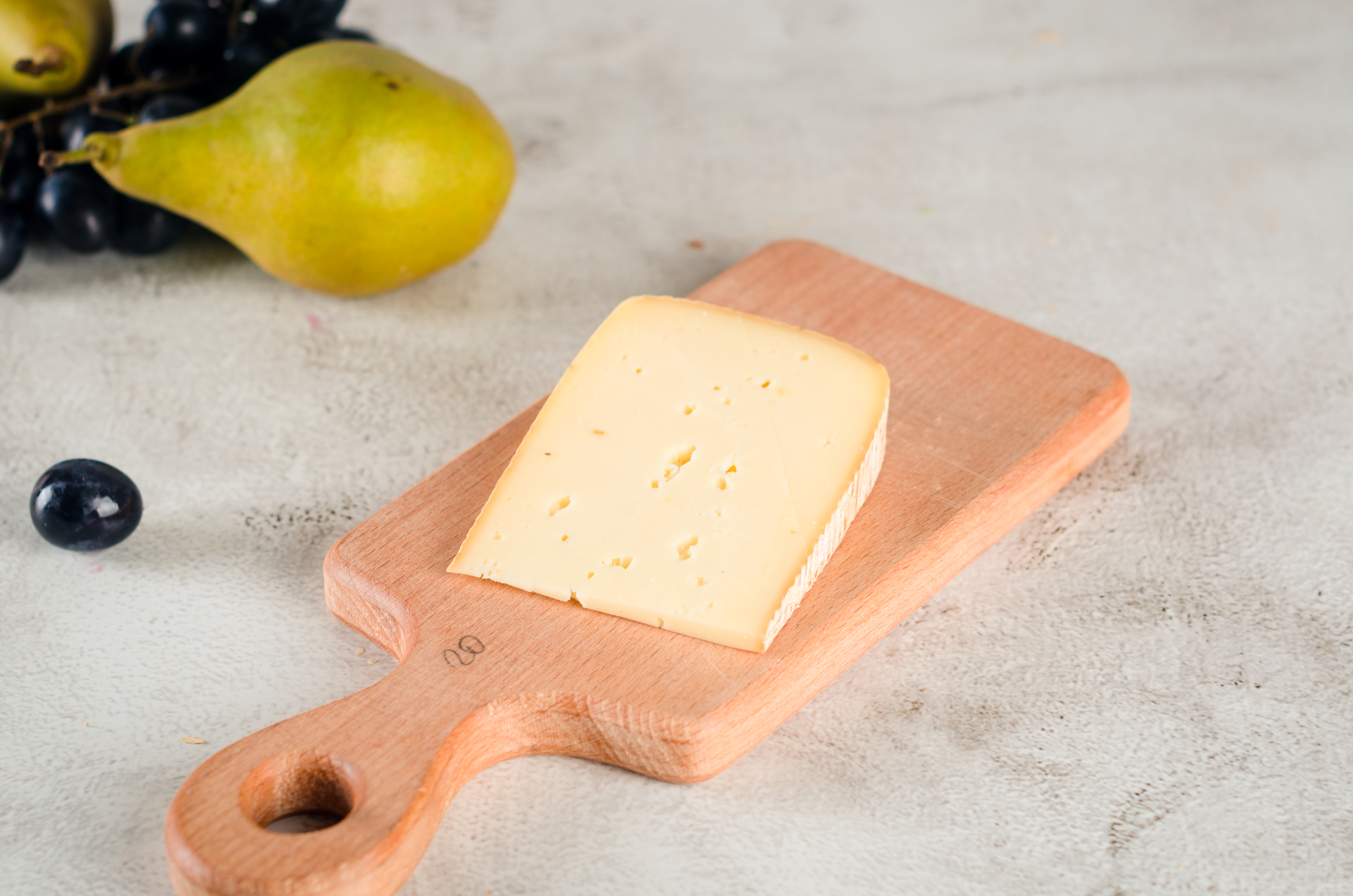
Dairy products like yogurt and cheese can be enjoyed by dogs in moderation. Plain yogurt is an excellent source of probiotics, which aid in digestion and support gut health. Cheese, particularly low-fat varieties like cottage cheese, provides protein and calcium. However, it's important to note that some dogs are lactose intolerant, so introducing dairy should be done gradually. Monitoring your dog's reaction to dairy products can help determine if they can be a regular part of their diet. When offered in controlled amounts, these dairy delights can serve as a tasty and nutritious addition to a dog's meal plan.
6. Grains and Dogs: The Role of Rice and Oats
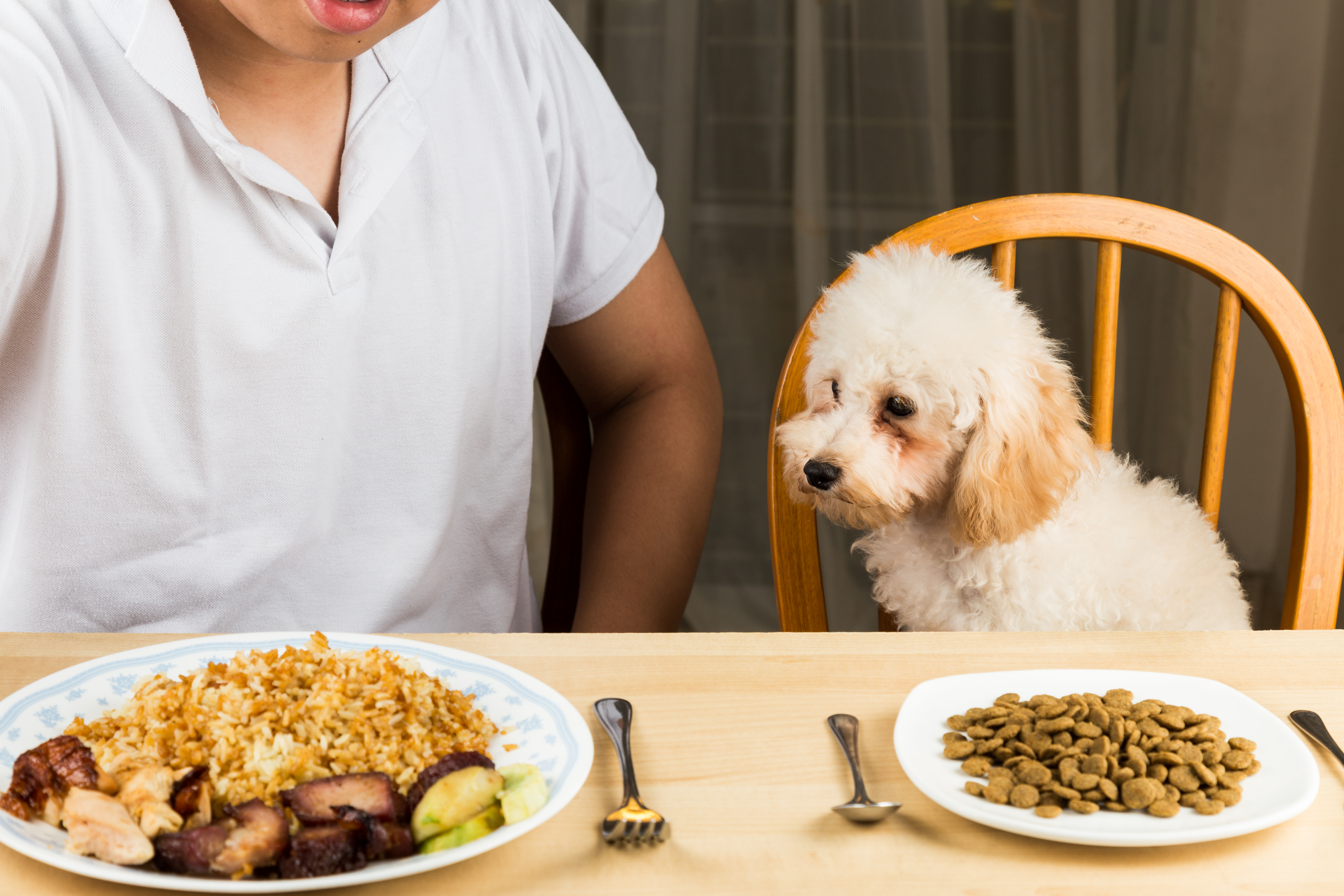
Grains such as rice and oats can be included in a dog's diet to provide energy and support digestion. Brown rice is a good source of fiber and essential nutrients, making it a suitable option for dogs with digestive issues. Oats, rich in soluble fiber, can help regulate blood sugar levels and provide a sense of fullness. These grains should be cooked thoroughly and served plain, without any added salt or seasoning. By incorporating grains like rice and oats, pet owners can offer a balanced diet that aligns with their dog's energy needs and promotes digestive health.
7. Nuts and Seeds: A Cautious Approach
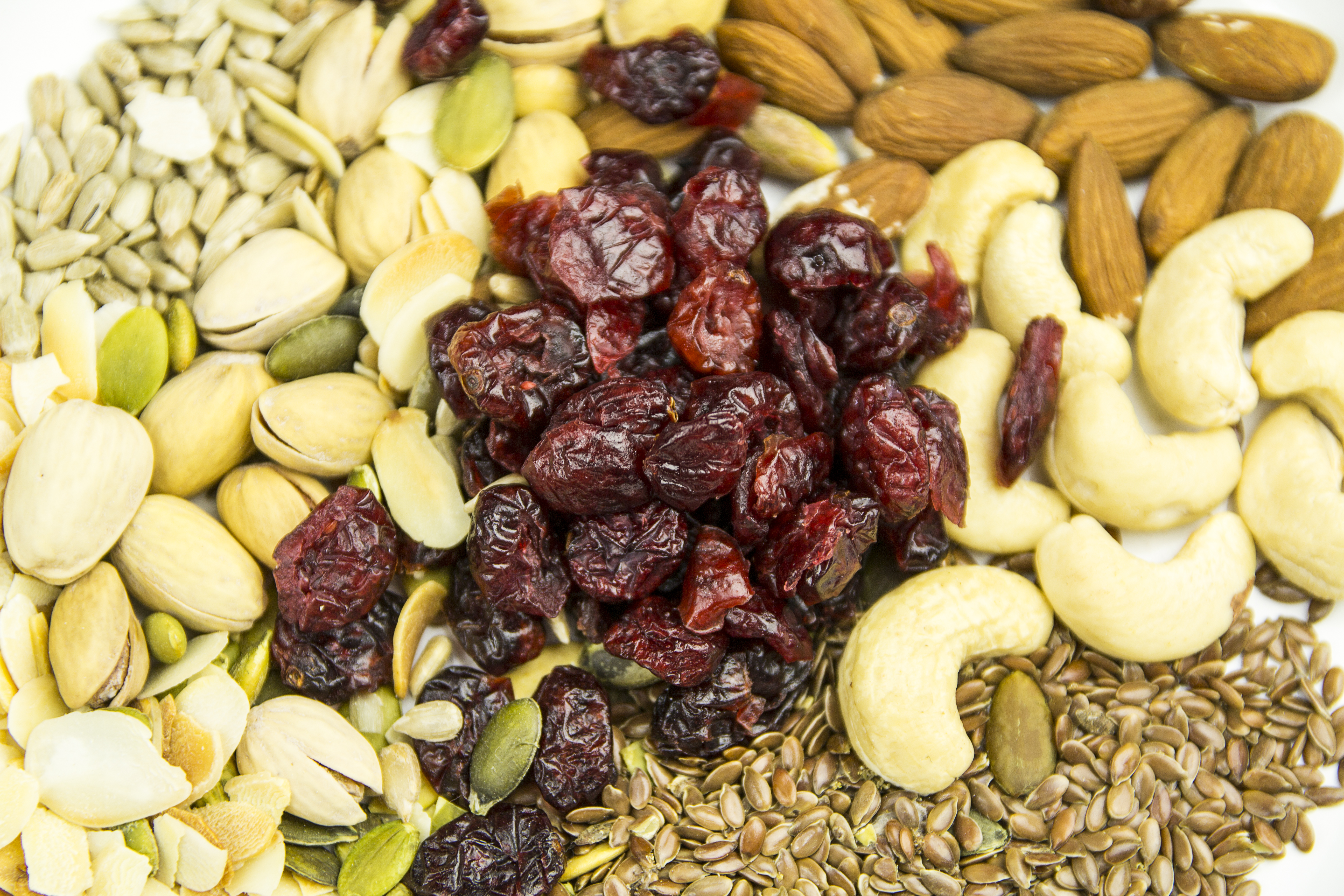
While some nuts and seeds can be beneficial for dogs, caution is necessary due to potential allergens and choking hazards. Peanuts and sunflower seeds, for example, can be safely consumed in moderation, providing healthy fats and proteins. However, it's crucial to avoid macadamia nuts and walnuts, which are toxic to dogs. When offering nuts and seeds, ensure they are unsalted and free from any coatings or seasonings. By taking a cautious approach, pet owners can introduce these foods safely, offering a variety of textures and flavors that enhance their dog's diet.
8. The Hydration Factor: Broths and Soups
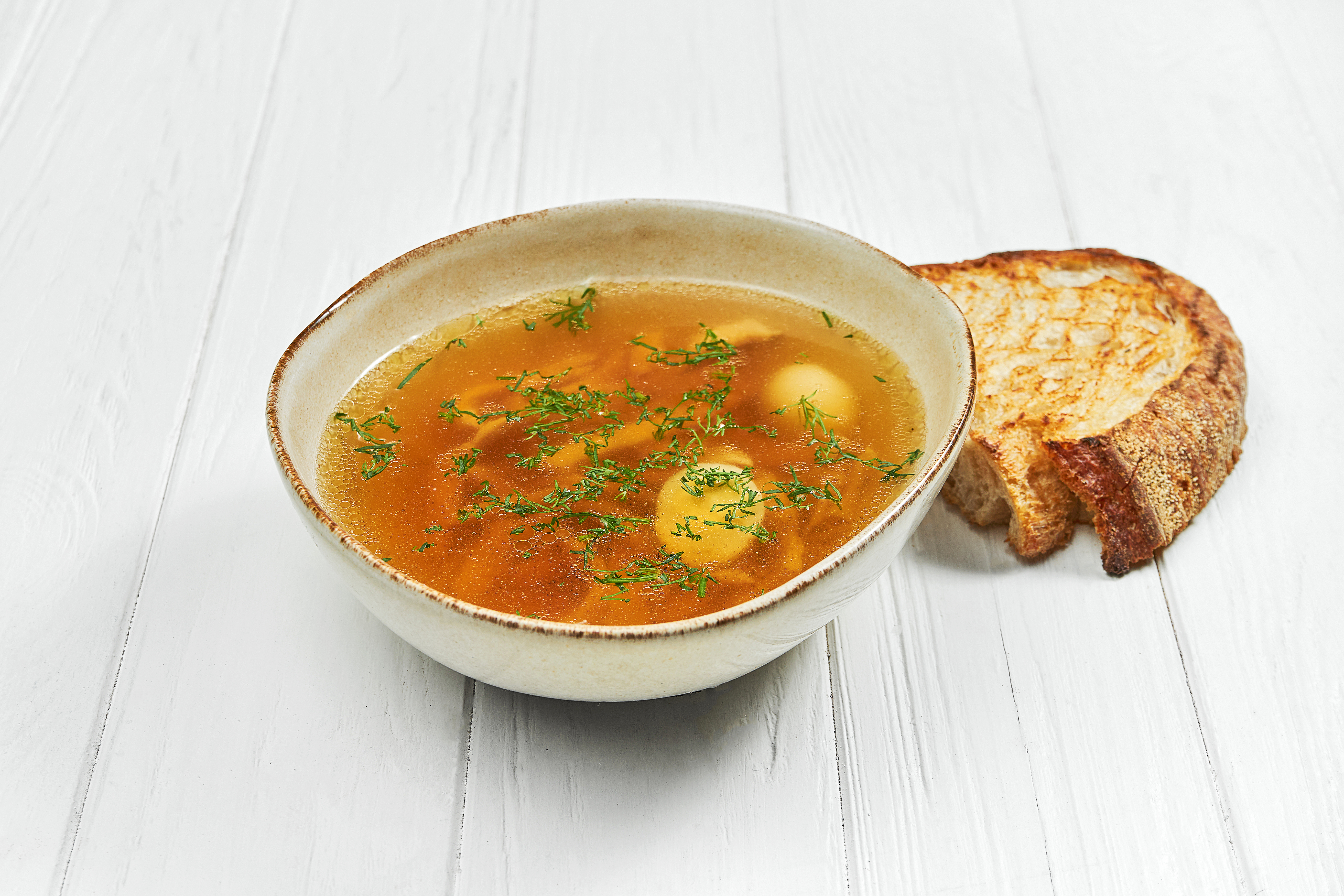
Hydration plays a vital role in a dog's overall health, and broths or soups can be an effective way to ensure they receive adequate fluid intake. Homemade chicken or beef broth, free from onions and garlic, can be a flavorful addition to a dog's meal. These broths provide hydration and can make dry kibble more palatable. When preparing broths or soups, it's important to use low-sodium options and avoid any ingredients that may be harmful to dogs. By incorporating these liquid treats, pet owners can support their dog's hydration needs while adding variety to their meals.
9. Herbs and Spices: Flavorful Additions
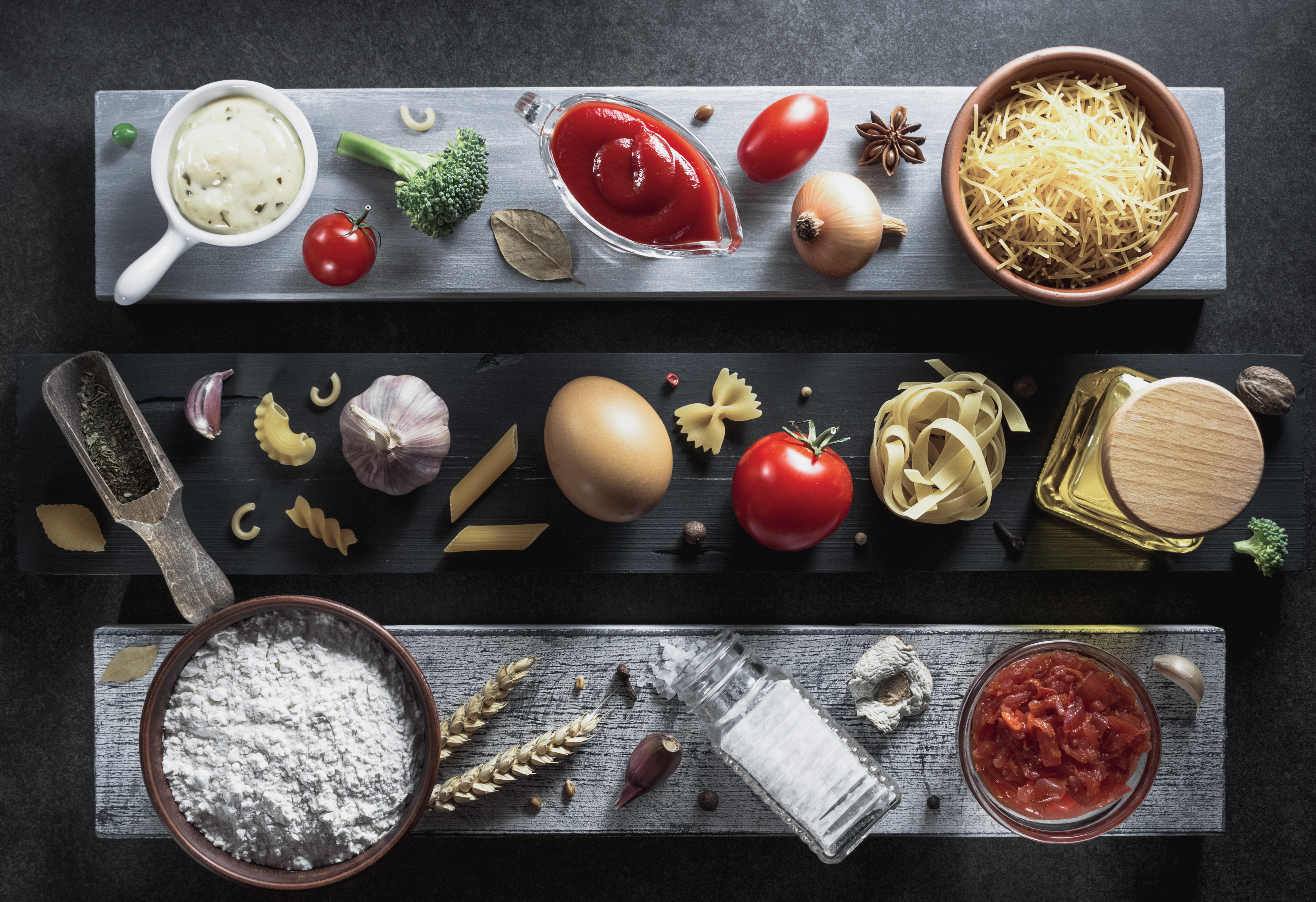
Certain herbs and spices can be safely added to a dog's diet, offering both flavor and health benefits. Parsley, for instance, can freshen a dog's breath and provide vitamins A and C. Turmeric, known for its anti-inflammatory properties, can support joint health when used in moderation. It's important to research each herb or spice before introducing it to ensure it is safe for canine consumption. By incorporating these flavorful additions, pet owners can enhance their dog's meals, offering a culinary experience that appeals to their senses while supporting their health.
10. The Importance of Moderation and Observation
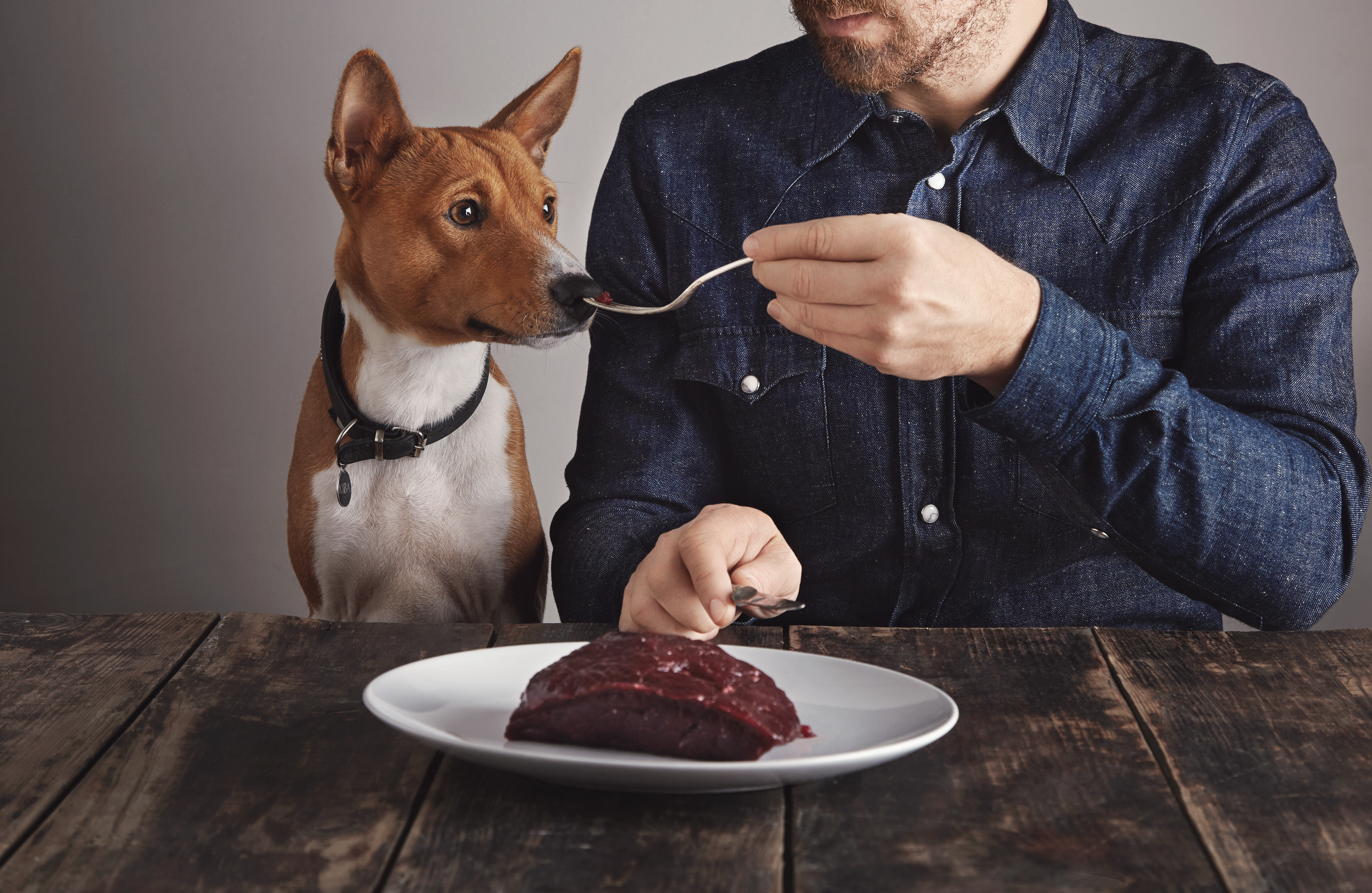
While sharing human foods with dogs can be a rewarding experience, moderation is key to maintaining their health. Overindulgence in any food, even those deemed safe, can lead to obesity and other health issues. It's important to observe your dog's reaction to new foods, monitoring for any signs of allergies or digestive upset. By introducing new foods gradually and in controlled amounts, pet owners can ensure their dog enjoys a balanced diet that complements their nutritional needs. This mindful approach fosters a healthy relationship between pet and owner, centered around shared culinary experiences.
Incorporating vet-approved human foods into a dog's diet can provide both nutritional benefits and a sense of shared enjoyment. By understanding the dietary needs of dogs and carefully selecting safe and beneficial foods, pet owners can create a varied and satisfying meal plan for their furry friends. From lean meats to sweet fruits and crunchy vegetables, the options are plentiful and diverse. This culinary journey not only strengthens the bond between humans and dogs but also ensures that our beloved pets lead healthy, happy lives. As we navigate the world of canine cuisine, it's essential to prioritize safety, moderation, and observation, creating a balanced diet that our dogs will love and safely enjoy.

